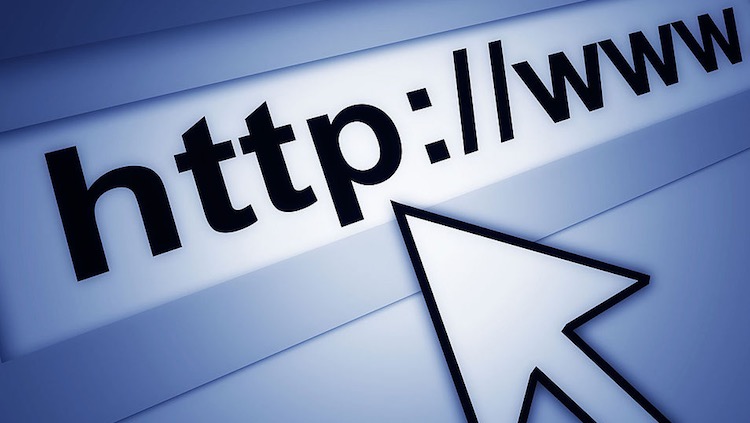Survey: Majority Disfavor Public Utility Model for Internet Regulation

The smarter way to stay on top of broadcasting and cable industry. Sign up below
You are now subscribed
Your newsletter sign-up was successful
A majority of respondents to a new survey say that a "public utility" model of internet regulation is "not appropriate for the growth and development of dynamic broadband networks."
That is according to a Morning Consult poll released Thursday by NCTA: The Internet & Television Association, which is advocating for FCC chairman Ajit Pai's proposal to roll back the application of common carrier (Title II) regs to internet service providers.
According to NCTA, the poll found a "strong" preference for light-touch rules to promote an open internet.
Only 33% said that internet access should be considered a public utility—like electricity, water or gas—and regulated by the government, while 51% said it should not be.
A majority (53%) said the government should have "a light touch approach" to the internet that "allows regulators to monitor the marketplace and take action if consumers are harmed." Only 12% said the FCC should be able to set prices, terms and conditions for internet access, and 25% said the government should not regulate the internet at all.
A majority (56%) said the government should be rarely involved in regulating the internet, while 29% said it should be actively involved.
Although there is a definite partisan divide over internet regulation in D.C., the survey found that there was bipartisan agreement on a light touch, with even more Democrats favoring it (55%) than Republicans (52%).
The smarter way to stay on top of broadcasting and cable industry. Sign up below
But asked if they supported the net neutrality rules of no blocking, throttling or prioritization of certain content (it did not say "paid prioritization"), a majority (61%) said they were either strongly in support (24%) or somewhat supported (37%) those rules. Only 18% opposed or strongly opposed them, with another 21% having no opinion or didn't know.
And while the network neutrality debate is currently consuming a lot of oxygen inside the Beltway in communications policy circles, 39% said they had seen, read and heard nothing about net neutrality, and another 25% said "not much." Only 10% said they had seen, read or heard "a lot."
Other takeaways, according to NCTA:
- "Even most Democrats say internet access should not be regulated by the government as a public utility by a margin of 46% to 39%.
- "By a two to one margin, voters believe regulating internet access as a utility would worsen tech innovation.
- "By a two to one margin, voters say regulating internet access as a utility would decrease private tech investment."
The survey was released as the FCC prepares for a May 18 vote on rolling back Title II.
The poll was conducted among 2,194 registered voters April 20-24. It has a margin of error of plus or minus two percentage points.
(Photo via Rock1997. Image taken on Jan. 18, 2017 and used per Creative Commons 2.0 license. The photo was cropped to fit 3x4 aspect ratio.)
Contributing editor John Eggerton has been an editor and/or writer on media regulation, legislation and policy for over four decades, including covering the FCC, FTC, Congress, the major media trade associations, and the federal courts. In addition to Multichannel News and Broadcasting + Cable, his work has appeared in Radio World, TV Technology, TV Fax, This Week in Consumer Electronics, Variety and the Encyclopedia Britannica.

